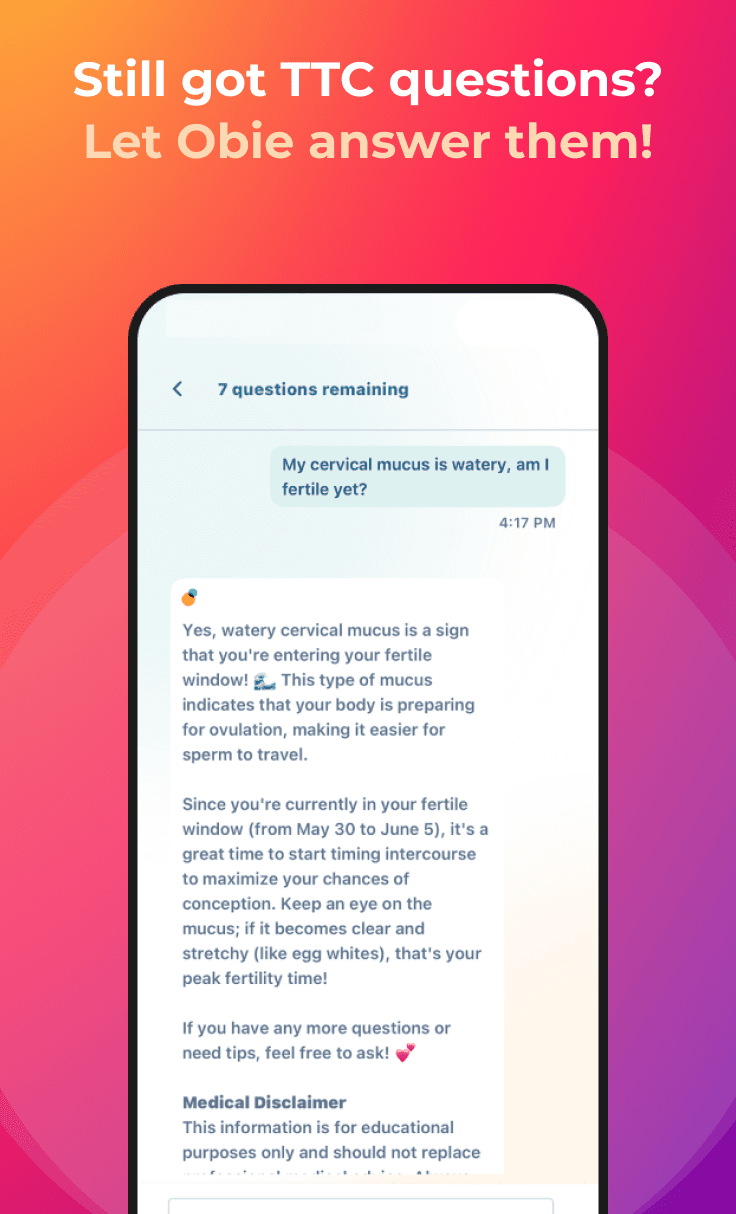Preserving Fertility Should Become a Priority in Cancer Care
Fertility and Infertility News
Obie Editorial Team
Infertility is one of the most distressing long-term effects of cancer treatments for adolescents and teenagers, but a new paper by Northwestern Medicine reveals that many cancer treatment centers do an inadequate job of protecting fertility.
At the time of the paper’s publication in the Journal of the National Comprehensive Cancer Network, there were 39 adult National Cancer Institute-designated comprehensive cancer centers for adults around the country. In the paper, the authors charge that most of these institutions do not make fertility a priority or even have a policy to protect fertility. Fertility policies identify patients who are at high risk for infertility after cancer treatment, inform these patients of their risks, and referral to a fertility specialist when necessary. Some institutions assign a fertility navigator to help at-risk cancer patients make treatment choices with fertility in mind. Fertility navigators, or fertility educators as they are sometimes called, serve as a professional bridge between cancer treatment and fertility.
Fertility policies identify patients who are at high risk for infertility after cancer treatment, inform these patients of their risks, and referral to a fertility specialist when necessary. Some institutions assign a fertility navigator to help at-risk cancer patients make treatment choices with fertility in mind. Fertility navigators, or fertility educators as they are sometimes called, serve as a professional bridge between cancer treatment and fertility.
Fertility navigators reduce the need for in-depth conversations between a cancer doctor and her patients. The fields of oncology and fertility are changing rapidly; implementing the services of a fertility navigator allows cancer doctors to focus only on developments in oncology care. The study shows that less than one-third of cancer treatment centers have fertility navigators.
Many young people with cancer find hope in fertility – the promise of someday having children is strong motivation to participate in sometimes-grueling cancer treatment. Survival rates for cancer in children and teenagers has risen steadily over the past few decades, thanks to early detection and advanced treatment options, so the number of adult survivors of pediatric and adolescent cancers rises every year. Most survivors want to live life as if they never had cancer and, for many of them, that includes starting a family.
Lead author of the study Marla Clayman from Northwestern University Feinberg School of Medicine says that National Cancer Institute-designated institutions are the leaders in research, have large medical staffs, and substantial financial resources so they should be able to provide the finest in cancer care to the patients they serve. Clayman asserts that if these large institutions do not make fertility preservation a priority, patients are not likely to receive fertility preservation services in community and private clinics.
Source: Northwestern University. "Saving fertility not priority at most cancer centers'." Medical News Today. MediLexicon, Intl., 29 Dec. 2013. Web.
19 Jan. 2014.








